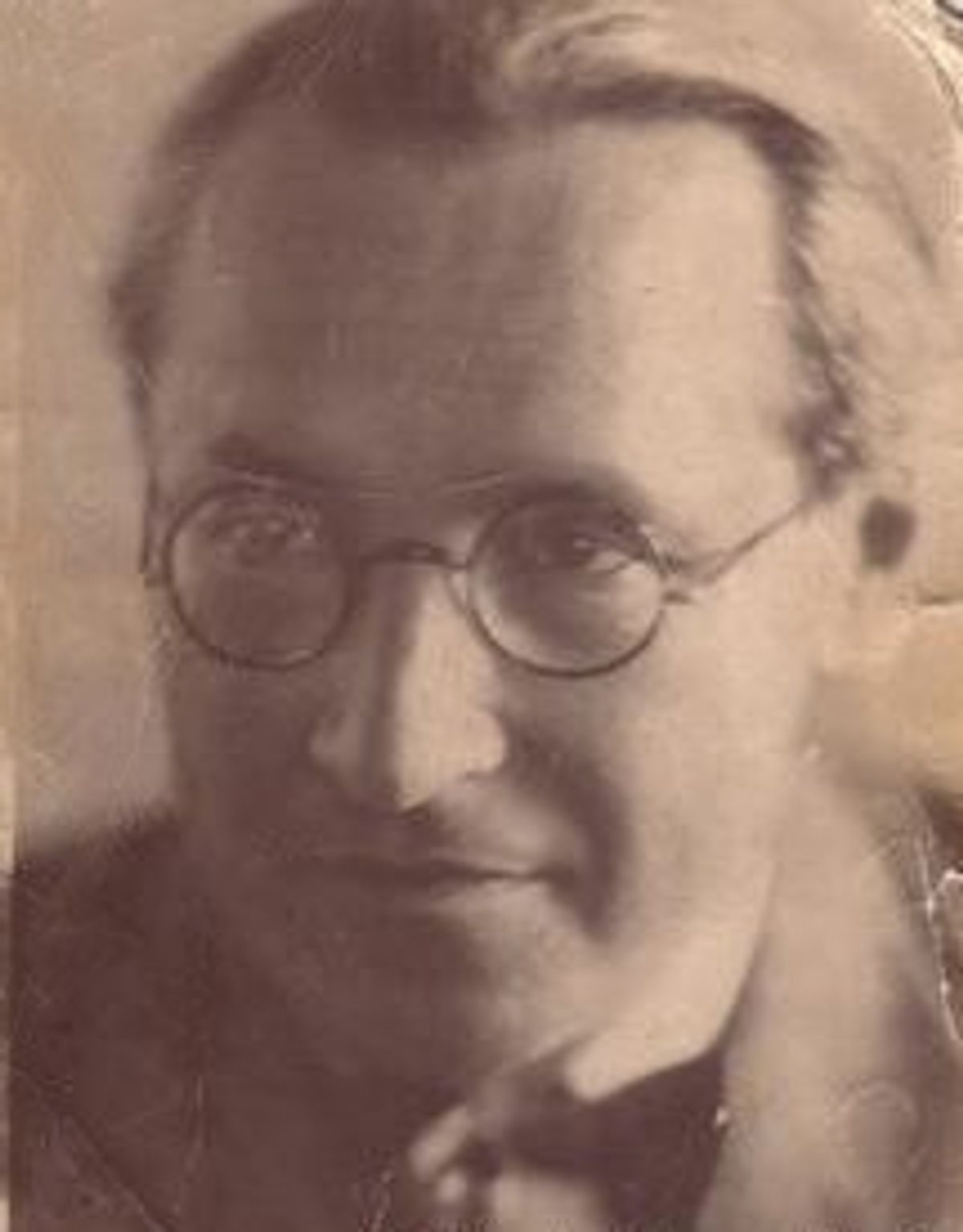A vast collection of art and art books plundered by the Nazis from a Jewish Estonian art historian and never returned to his family is probably mostly located in Belarus, according to research published today by the World Jewish Restitution Organization and the Conference on Jewish Material Claims Against Germany.
Julius Genss focussed his collecting on Jewish art from Eastern Europe and organised exhibitions and published catalogues, according to the report by Ruth Jolanda Weinberger, a staff historian at the Claims Conference. His collection included works by Marc Chagall and Lyonel Feininger, as well as lesser-known artists such as Nathan Altman and Zygmunt Dobrzycki. He also collected Japanese netsuke and Chinese ceramics.
In total, he acquired around 5,000 works of art and 20,000 books. Genss handed over part of his collection to the Estonian Art Museum for safekeeping before fleeing with his family to Tashkent, Uzbekistan, in 1941. The Einsatzstab Reichsleiter Rosenberg (ERR), the Nazi unit in charge of looting in the occupied territories, plundered it from the museum and seized other parts of the collection in various locations, including Genss’s home.
In 1944, the ERR tried to evacuate the Genss collection in anticipation of the German retreat from Estonia. But the Red Army discovered it in February 1945 at the railway station of Pless, now Pszczyna in Poland. From there, the Soviet Trophy Brigade sent it to Minsk.
“For many decades, Julius Genss’s collection was all but forgotten, other than by his surviving family members,” writes Weinberger, whose research was largely based on ERR documents held by the Ukrainian Central State Archive in Kyiv.
“The history of the looting of cultural property is not well known or not known at all in the many smaller countries that were occupied during the Second World War,” says Wesley Fisher, the director of research at the World Jewish Restitution Organization and the Claims Conference. “This examination of the most important collection in Estonia to have been plundered is an important step towards correcting this problem.”
The Genss family has tried to recover the collection, even going as far as attempting to sue the Belarus Academy of Sciences and the Estonian Academy of Sciences—to no avail.
“The family archive has a letter from a former employee of the Minsk library, in which she asks for help and reports that for a fortnight the library staff have been tearing the ex-libris of Julius Genss from his books at the order of the director to conceal the traces of the books’ ownership,” says Julia Gens, Julius Genss’s granddaughter.
Fisher says that in 2015, long before Russia invaded Ukraine, he travelled to Belarus to discuss looted art and books, including the Genss collection, with library officials. “I don’t think that it’s a lost cause,” he says. “It’s just not going to happen at the current time.”


